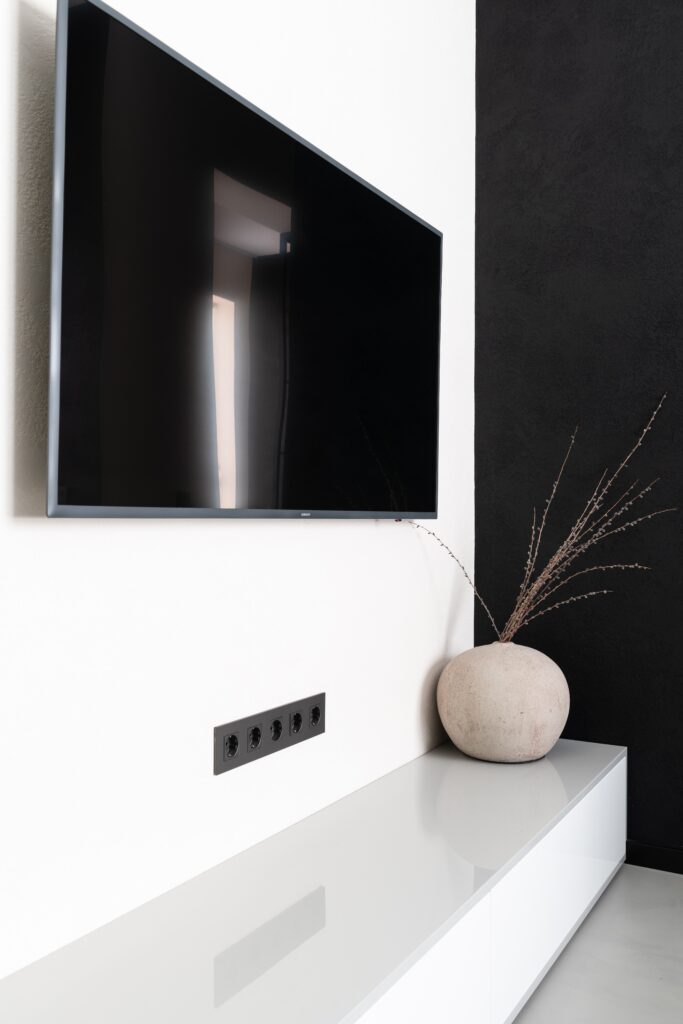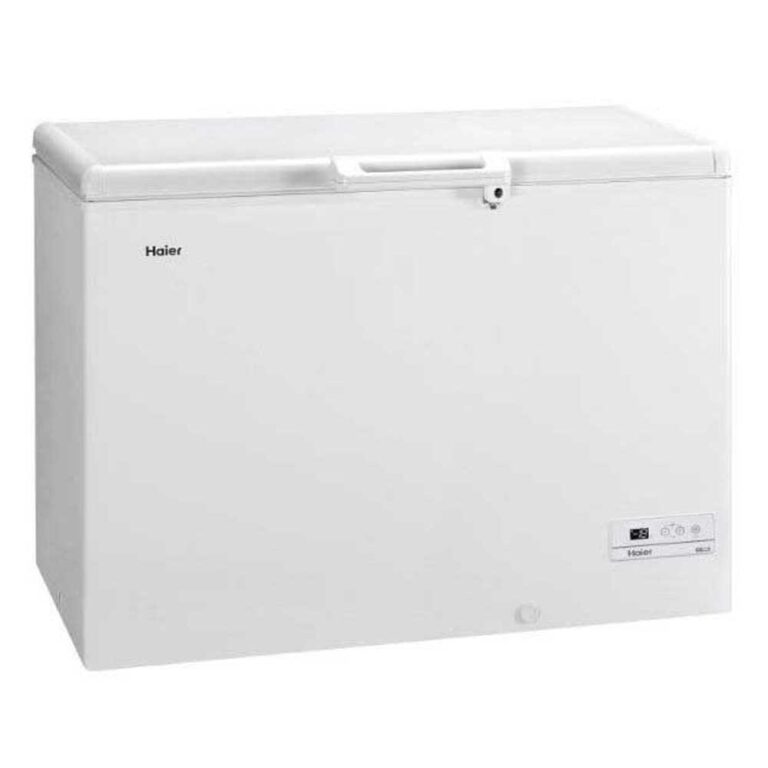Can a Plasma TV Freeze in Cold Weather?
During the cold times of the winter, your home’s electronics and appliances are at risk. It’s possible that you have to store them somewhere else to keep them from getting cold.
It’s a good idea to know if it’s safe for them to be in the cold weather.
If you’re wondering if a TV will freeze during the winter, we have looked up the concerns for you, and here are the answers.
Unless the temperature dips below freezing, a plasma TV will not freeze. Cold weather can damage a TV, but you can store it in freezing temperatures.
The TV’s components can be affected by cold weather. They could suffer irreversible damages if they did not have the proper care.
During cold days, we have summarized what you need to know about plasma TVs.
When it comes to TVs, there are a few things you need to keep in mind to make sure they stay in their current state.
Continue reading to learn more about how the cold affects TVs.
Table of Contents
Is It Possible That Cold Weather Affects a Plasma Tv?
Plasma TVs can be affected by cold temperatures. These temperatures aren’t enough to cause a lot of damage to the appliance.
Unless the temperature goes below freezing, the cold alone won’t hurt the TV. If you immediately turn on the television after you take it to a warmer location, it will get hurt.
In these cases, it’s important to know how to use the TV. Before the TVs begin to degrade, they can be kept at a temperature of 32 F.
One of the main factors affecting the temperature is the conditions in which the television is stored.
This may be different depending on whether they are plugged in or not during storage. This state is not the same as being turned off or in sleep mode.

What Happens When a Plasma Tv Is in Cold Weather?
A TV can be changed when the temperatures are cooler than usual.
Televisions are built to work well in a consumer’s location, and so the temperature they can handle ranges between normal room temperatures.
You can expect the following to occur if the room conditions go beyond those points.
- There is a chance that the TV will not switch on.
- Before opening, it will need a few minutes to warm up.
- It would be a concern if it failed to start even after warming itself.
- The display will either freeze or fail to produce the correct output.
- The visuals may appear slow or ghost images may be present.
- Specific components in the TV may break if the temperature is too warm.
Is It Safe for a Plasma Tv to Freeze?
When it’s up to 32 F, the Plasma TVs can function, but they don’t freeze often. When the temperature is below zero, the TV will likely get damaged rather than become frozen.
If the conditions are cold enough for the television to freeze through, it won’t cause a lot of harm, as long as it is thawed and dried thoroughly.
If you want to avoid electrical damage, you should only switch them on when they return to room temperature.
Liquid components are not included in a plasma TV as compared to other television versions. They are not susceptible to expansion or freezing.
The layers of liquid in television can freeze at certain temperatures.
When this happens, the TV’s response time is delayed and the display slows down. The lack of liquid components makes it less likely that this can happen.
What Can I Do When A Plasma TV Freezes?
A plasma TV will not freeze because it does not contain liquid. They can get damaged from the cold weather because they come with several electrical components.
Some precautions need to be taken to prevent further harm and retain its lifespan. These are some of the things that are included.
- Before turning the TV on, warm it up by placing it at room temperature.
- Bringing these televisions to a warmer location makes it easier to self-warming.
- It’s a good idea to avoid storing or moving the TV when it’s cold.
- Give the TV plenty of time to regulate the temperature.
- It prevents the build-up of humidity, which can cause long-term damage.
Is It Necessary for a Plasma Tv to Warm up?
After being placed in the cold, a TV needs to warm up before opening.
When a TV is turned on before it warms it causes the heat from the electrical components to collide with the cooler temperature.
Damage may affect the TV’s function. A television works by heating gasses. It implies the importance of keeping a TV warm to keep it running smoothly.
If it is coming from the cold, turning on the television before it warms up will affect the electrical parts in the TV, making it unusable.
There are many reasons to warm a TV, one of which is to lower the chances of humidity.
The build of the plasma TV is designed to perform at temperatures that are usually comfortable for humans.
Self-warming features are included in the Plasma TVs. Because they release warmth, they can collide with the cold surrounding them, leading to the presence of moisture.

How Cold Can You Store a Plasma Tv?
It’s possible to store a TV in cold temperatures. You can expect them to function well, even when they are kept under these conditions.
You don’t want to store them in sub-zero temperatures when they’re turned on. It’s a good idea to make sure the TV is protected from condensation in storage.
The quality of images produced by television can be affected by the amount of water in the air. The goal is to keep the temperature around the television in check.
Extra precautions will have to be taken to prevent the build-up of the TV outside. They can be stored away from direct sources of heat and cold or covered with an air-tight wrap.
The TV is likely to experience less harm if it is located in a climate-controlled environment.
How Cold Can A Panasonic Plasma TV Get?
The Panasonic television has a temperature range of 32 to 104 F and relative humidity of 20 to 90 percent, according to the television’s manual.
It’s not normal for them to end up freezing when they reach these temperatures, but they might experience other dangers.
Panasonic’s television requires proper storage and maintenance to prevent the system from degrading. Similar needs are called for by other brands of plasma TVs.
It is possible to store them at a temperature as low as 4 F because it is closed and not plugged into a power source.
It’s a good idea to do so, but most manufacturers don’t recommend keeping a TV under these circumstances.
Conclusion
A plasma TV is not vulnerable to cold weather, but it may be affected by storage and other environmental factors. They aren’t likely to freeze unless the temperature is very high.
If they don’t go beyond sub-freezing, they can endure the colder temperatures.
It is important to know the operating temperature of the television model to make sure it works.
Humans prefer a temperature of between 32 to 104 F, so they function in this range. Storage plays a role in maintaining the quality of the television.
The temperature around the TV is regulated to prevent electrical damage or excessive condensation.

Foodie and a passionate cook, I am here to share all of what I know about cooking, kitchen, and food prepping.
Follow me for delicious and healthy recipes.







